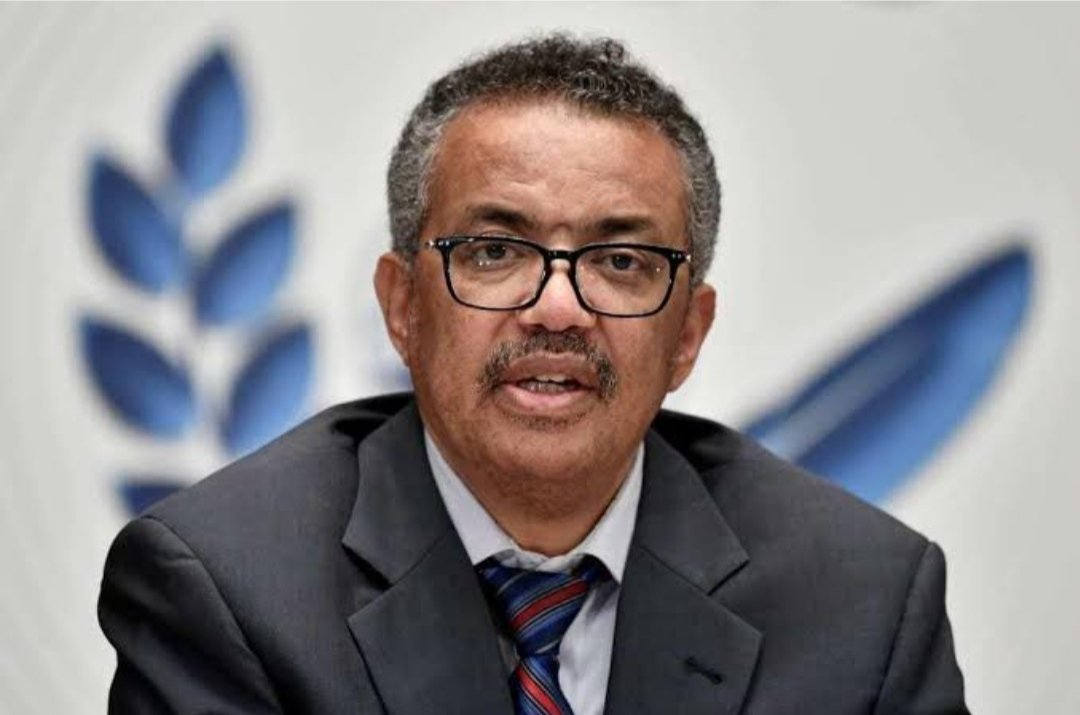Keypoints:
- WHO chief Tedros Adhanom Ghebreyesus said that he was concerned about the growing caseload in India.
- He said that people are dying because they are not vaccinated against the virus.
- Today, Sunday, 25th April,India reports 3.49 lakh new cases and 2,767 deaths in a day, biggest spike.
On Friday, World Health Organisation Chief Tedros Adhanom Ghebreyesus said that people are dying across the world because they are not being vaccinated against the Covid-19 virus, they are not being tested and are not being treated. He also said that he was concerned about the growing caseload in India.
In a virtual briefing in Geneva, he told that, “The situation in India is a devastating reminder of what the virus can do.”
Today, Sunday, 25th April,India reports 3.49 lakh new cases and 2,767 deaths in a day. This is the biggest spike for the fourth day in a row. The country continues to drown under the severe second wave of Covid-19. There has been shortage of beds, oxygen and ventilators across the country.
On Friday, Thane Municipal Corporation launched a website which mentions all the available and occupied beds in various hospitals. The name of the hospital, capacity of occupied beds is mentioned in the website.
On Saturday, Bharat Biotech said that Indigenous Covid-19 vaccine Covaxin will be priced at Rs. 600 per dose for state governments and Rs. 1200 for private hospitals.
However, Bharat Biotech intends to keep the price unchanged for Central Government. Serum Institute is seeking to increase the rate for the Centre to Rs. 400 a shot.
Serum Institute CEO Adar Poonawalla issued a statement which justified the increase in price on the grounds that it was required to make it sustainable for the company to invest in scaling up capacity. Company maintained that Covishield was the most affordable Covid-19 vaccine.
“The price of the vaccine is still lower than a lot of other medical treatments and essentials required to treat Covid-19 and other life-threatening diseases,” Poonawalla said.
Bharat Biotech intends to reserve more that 50% of its Covaxin capacity for the central government supplies.

